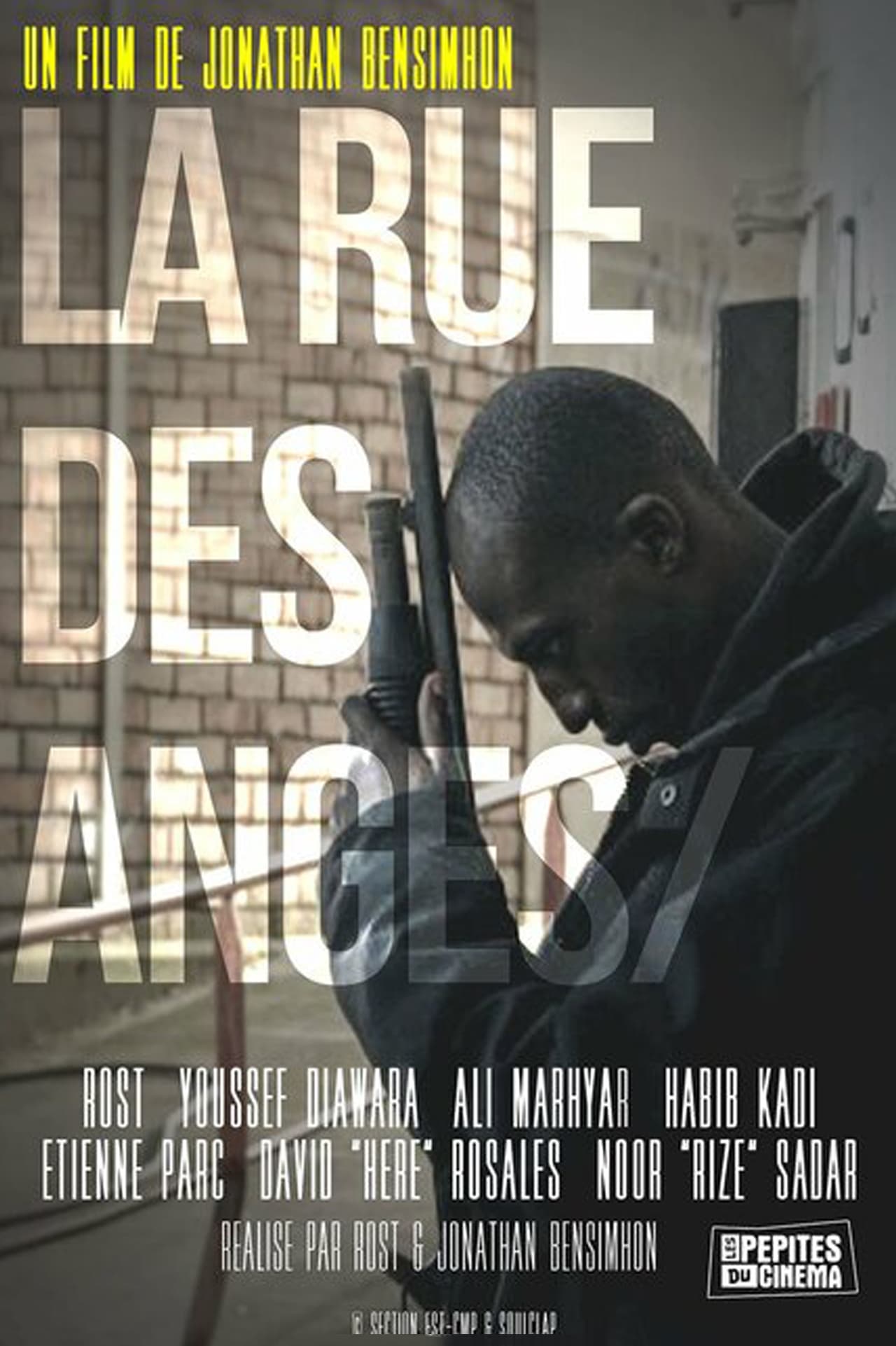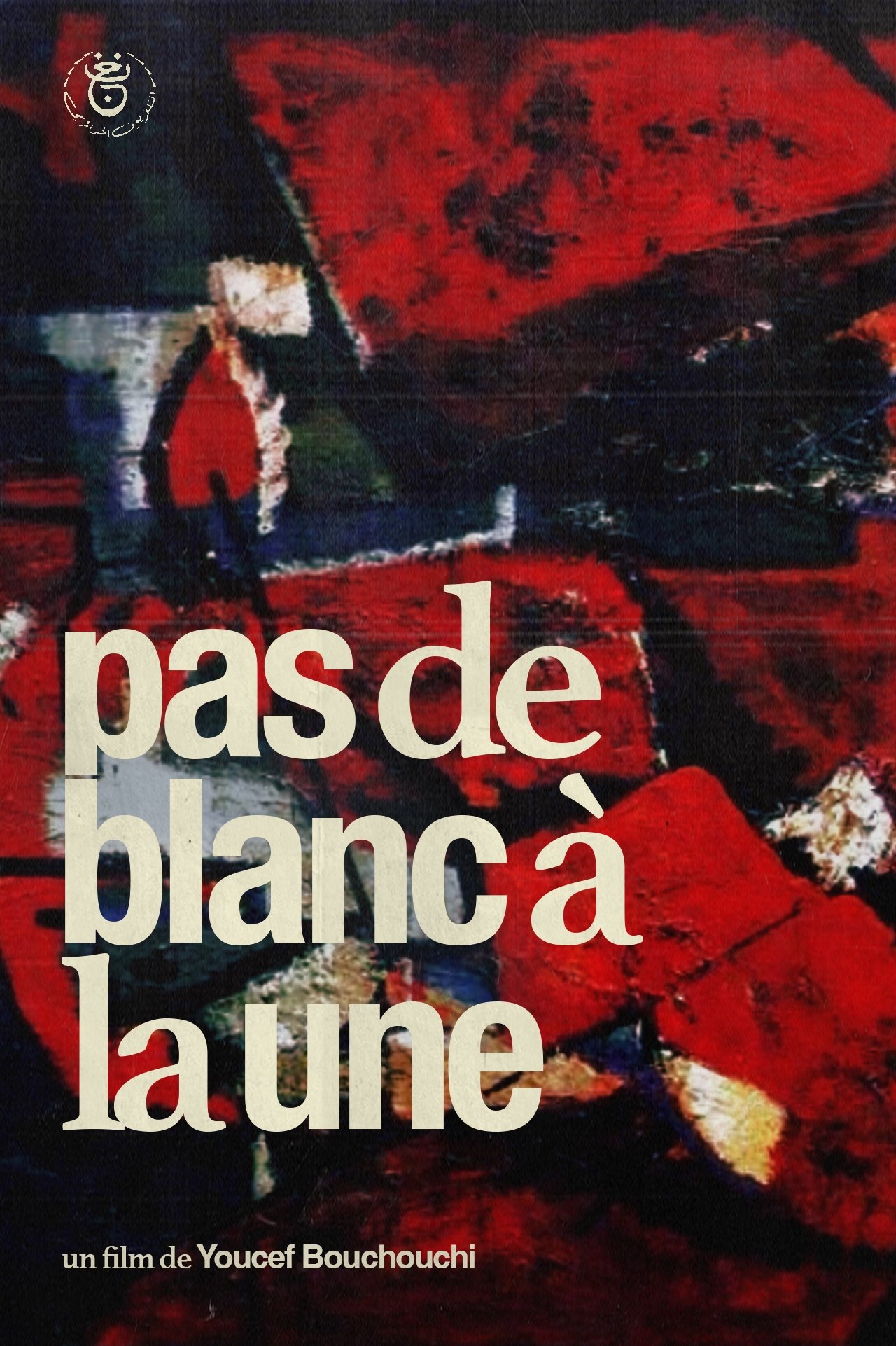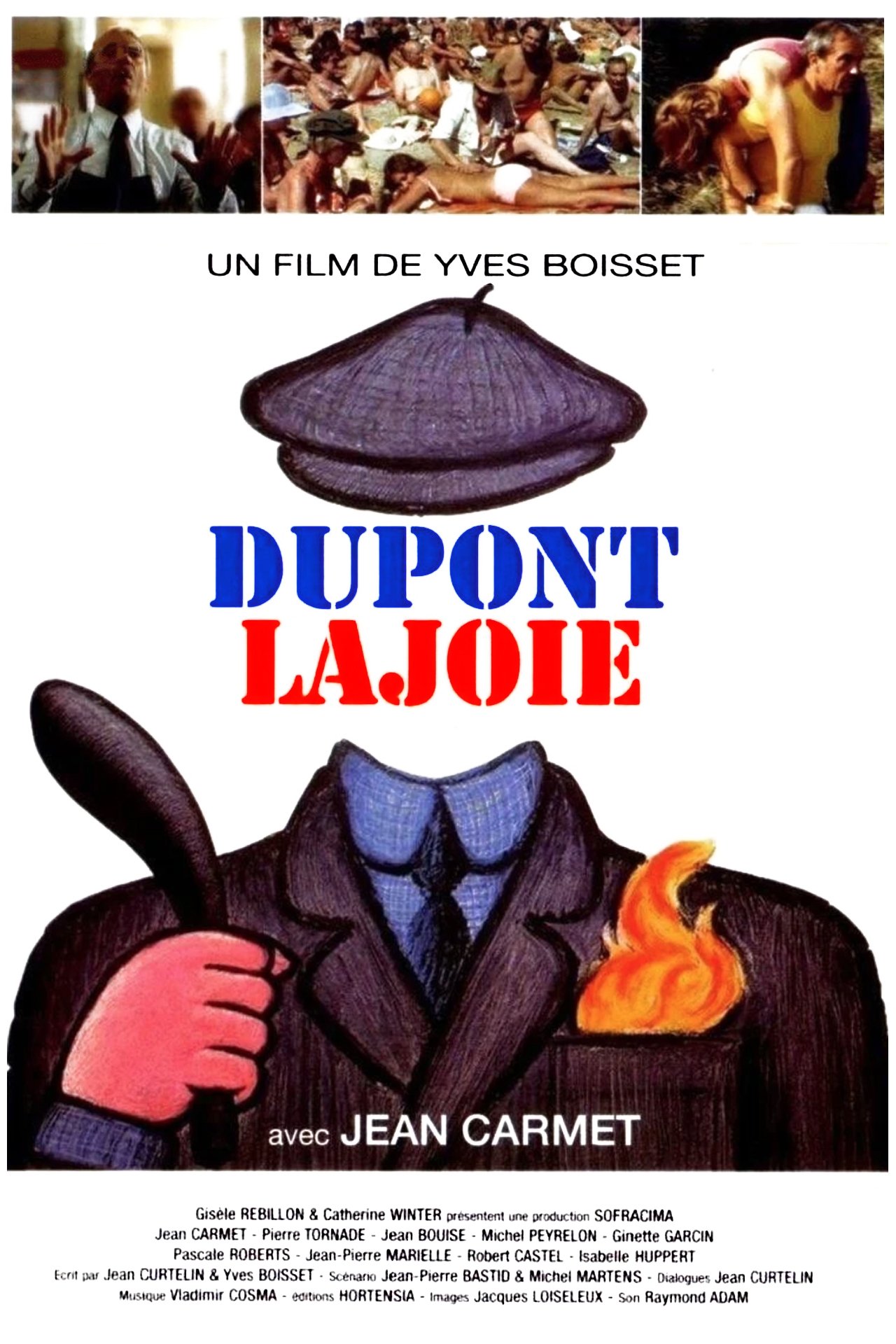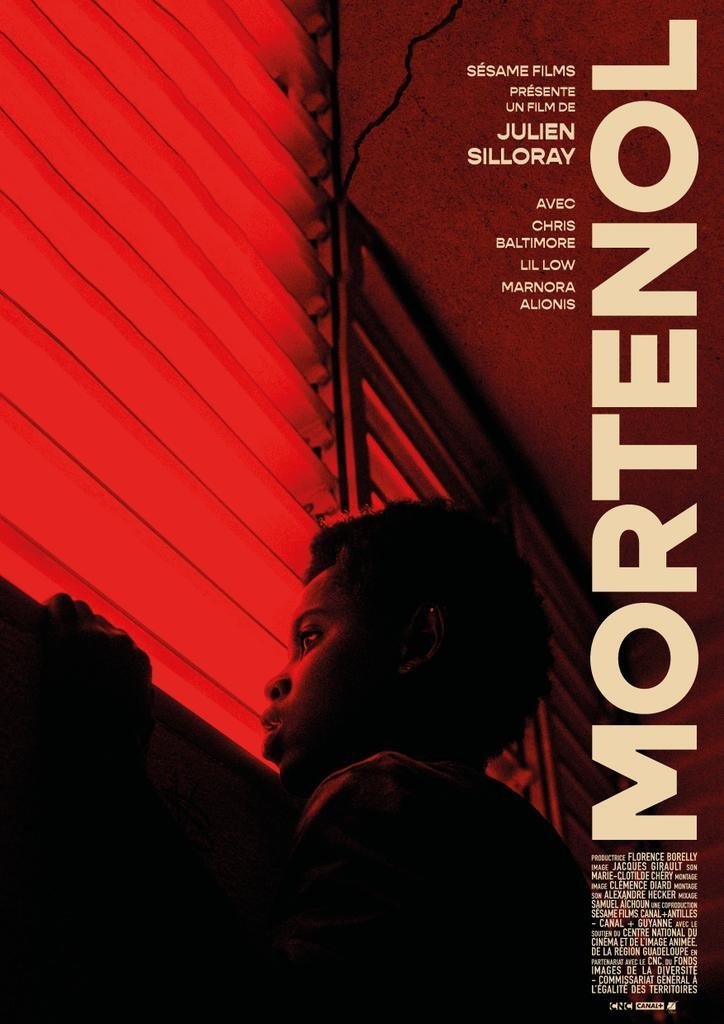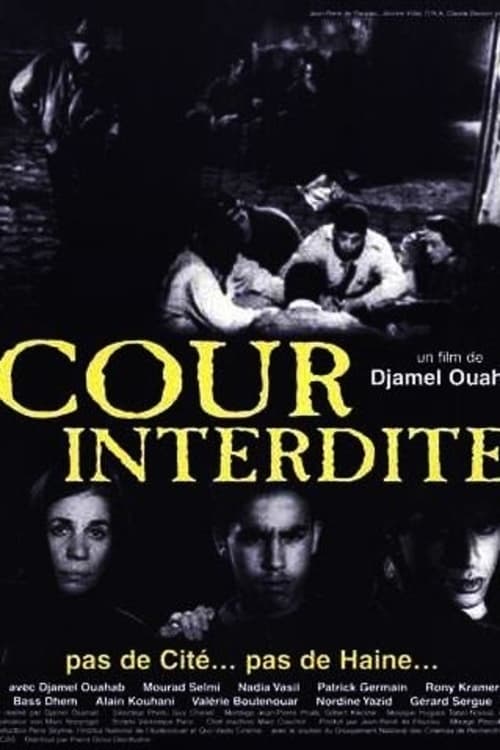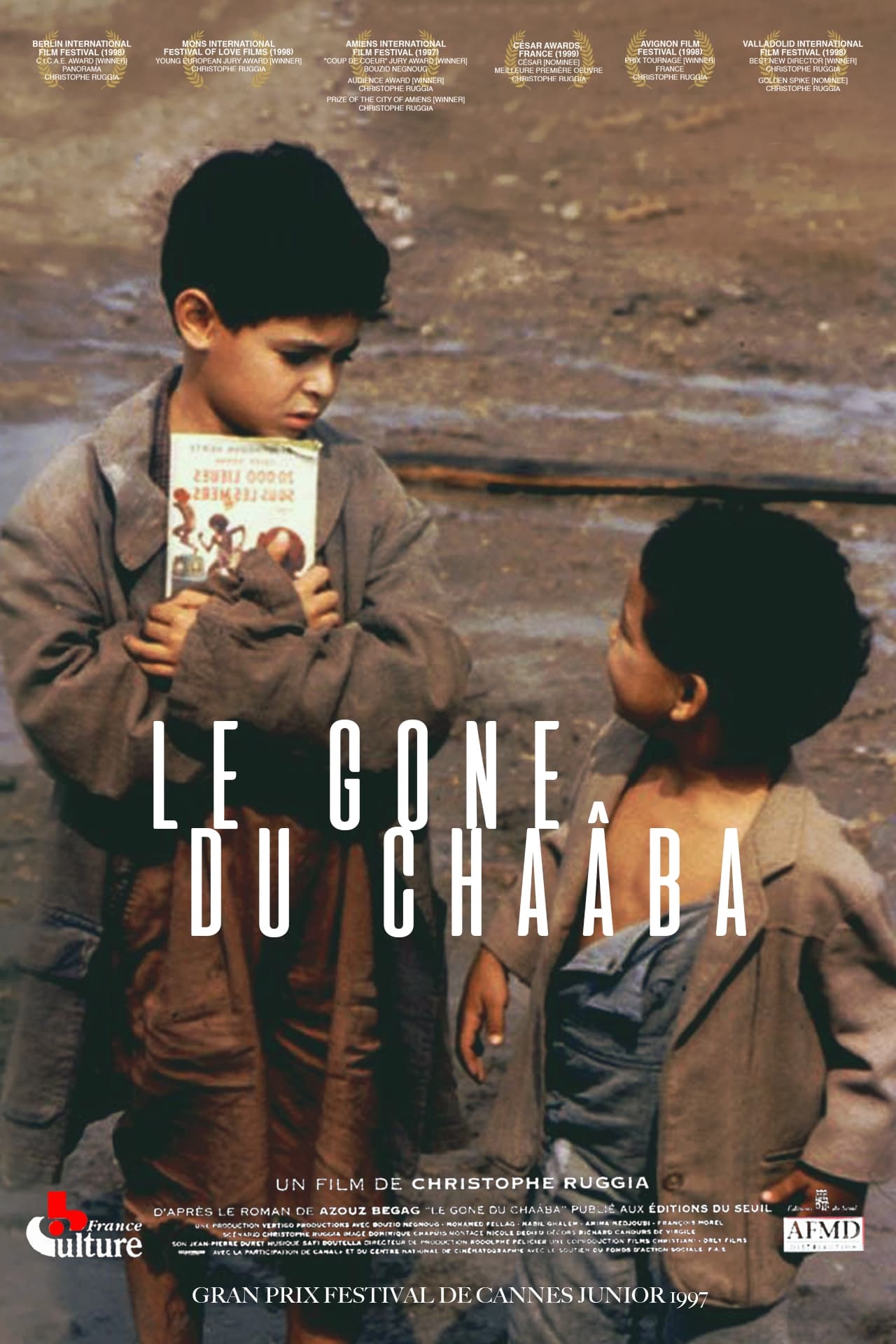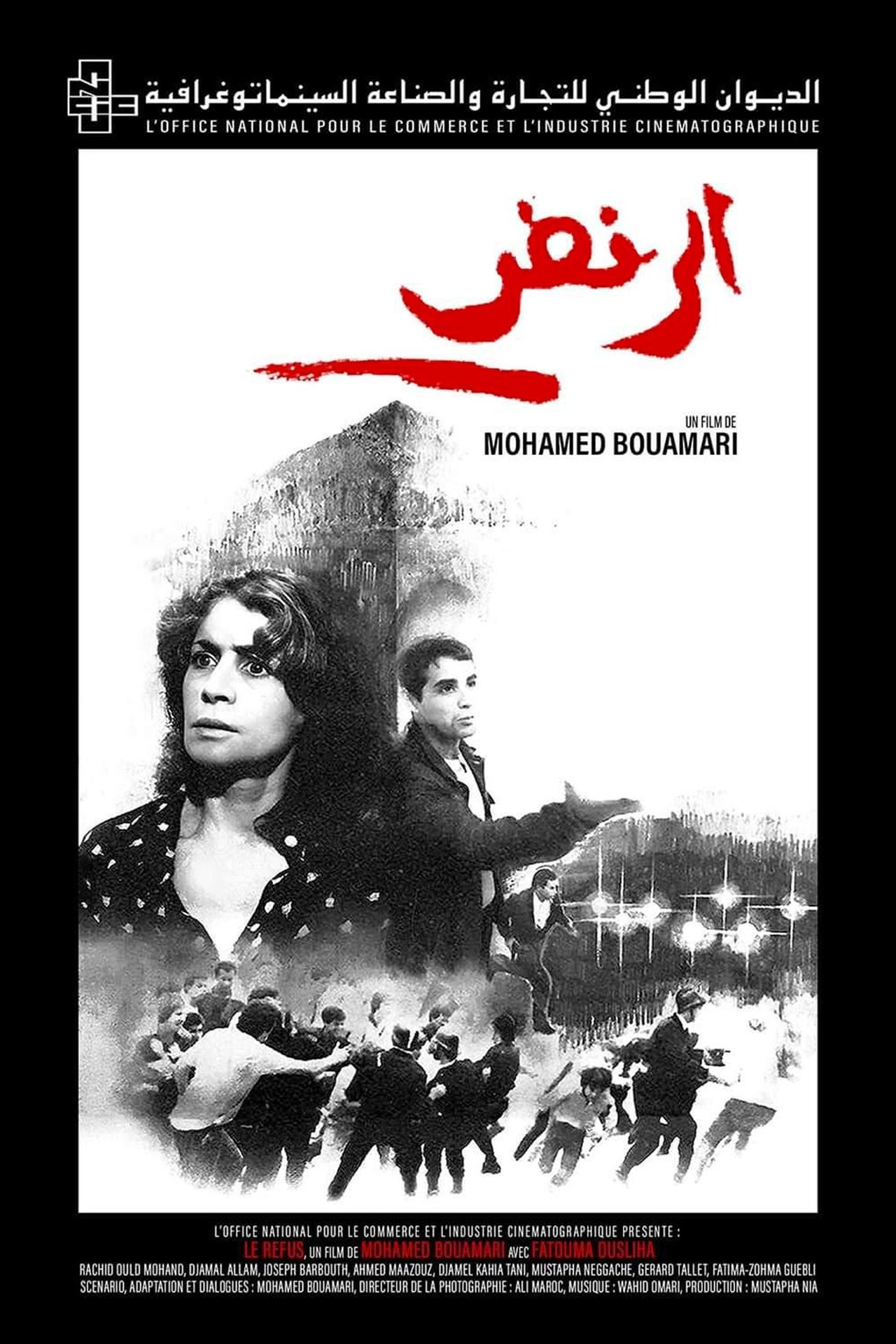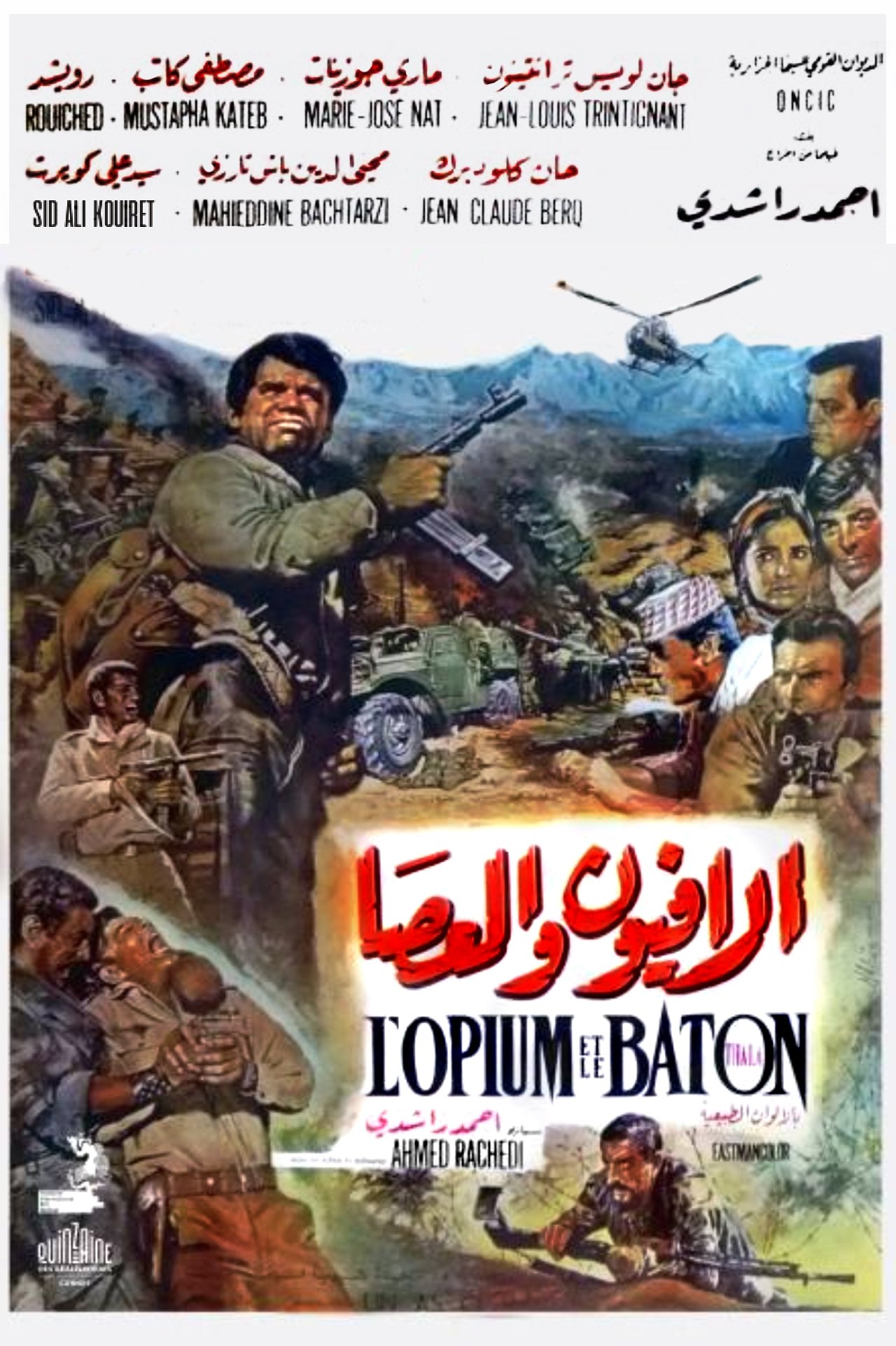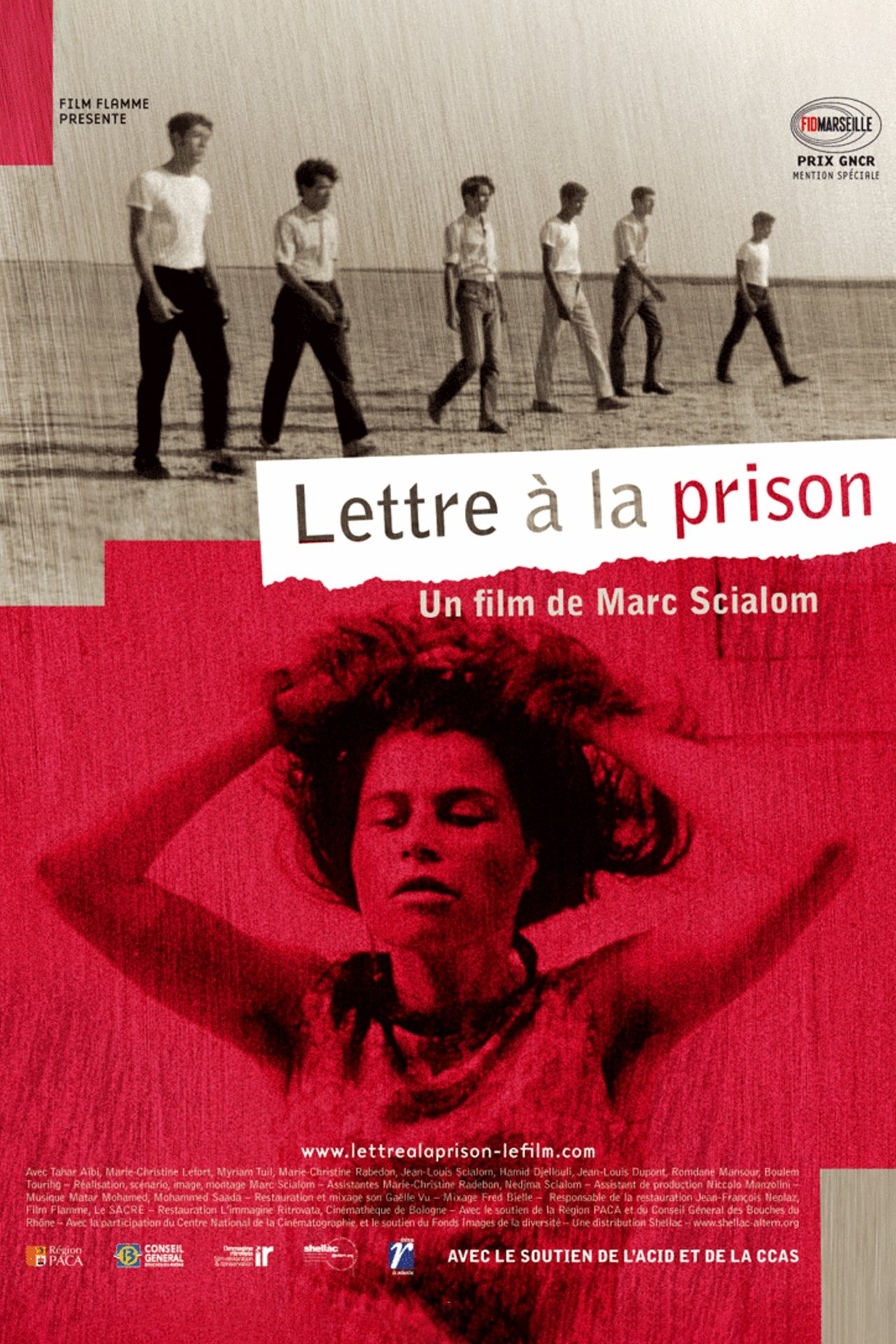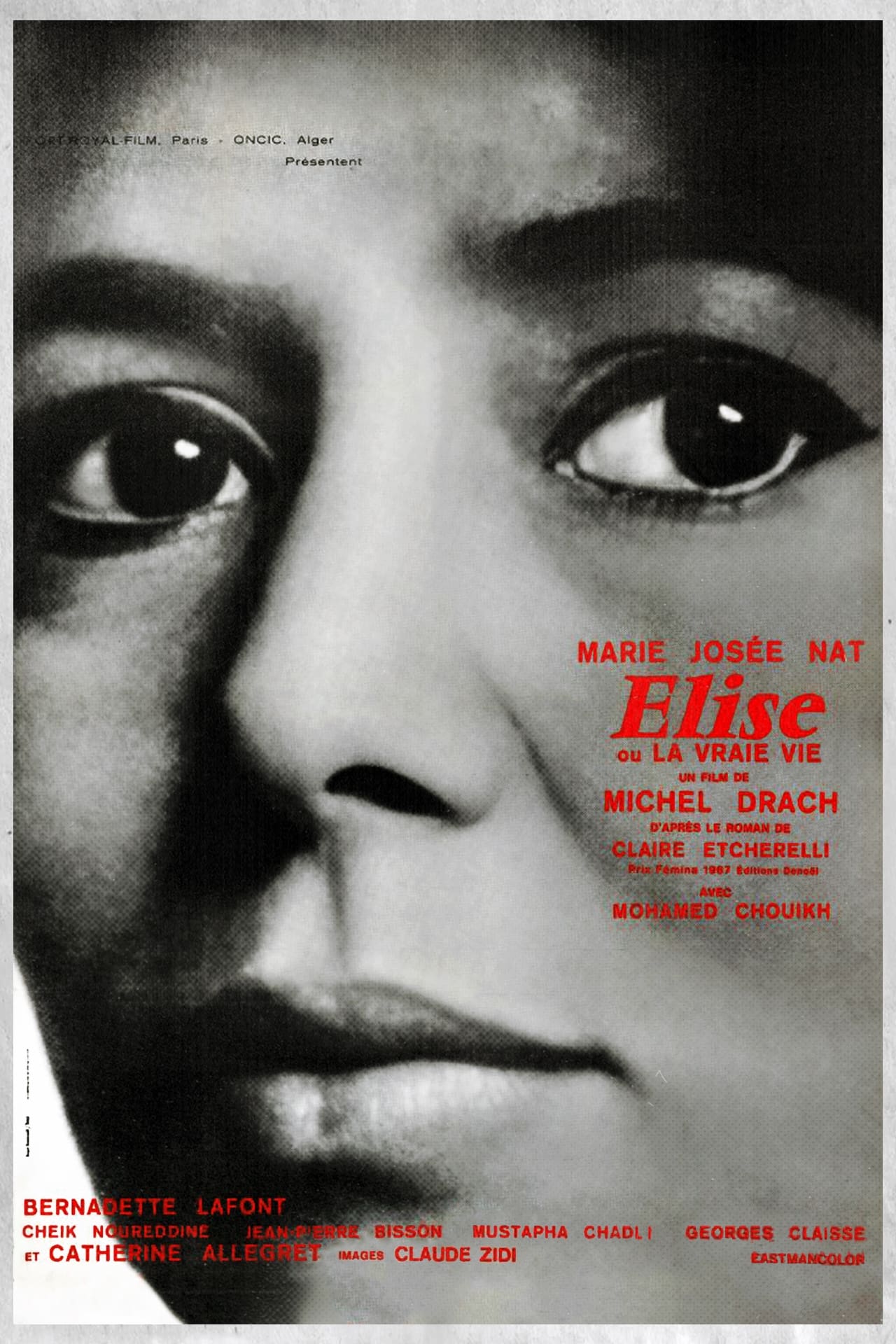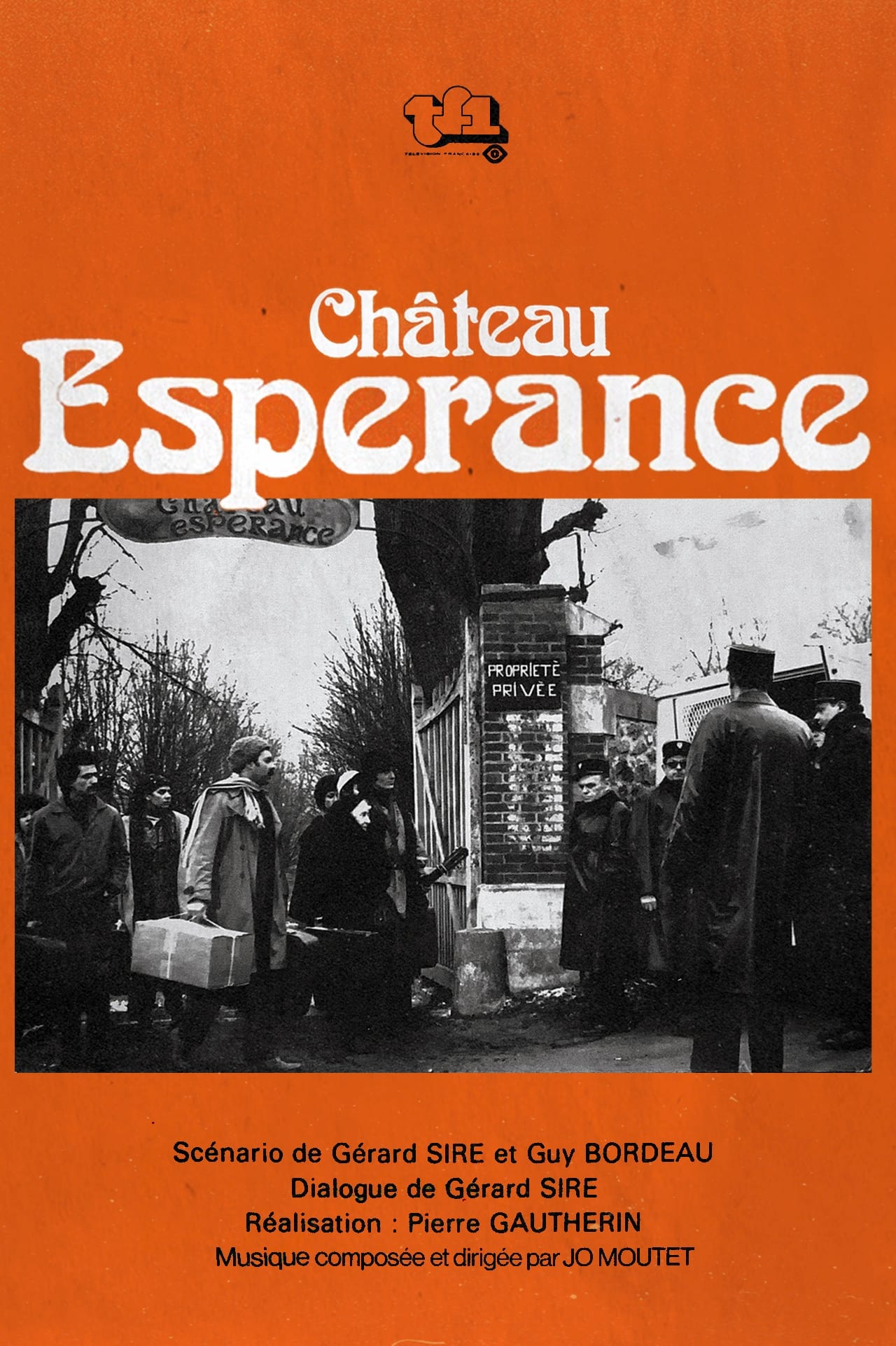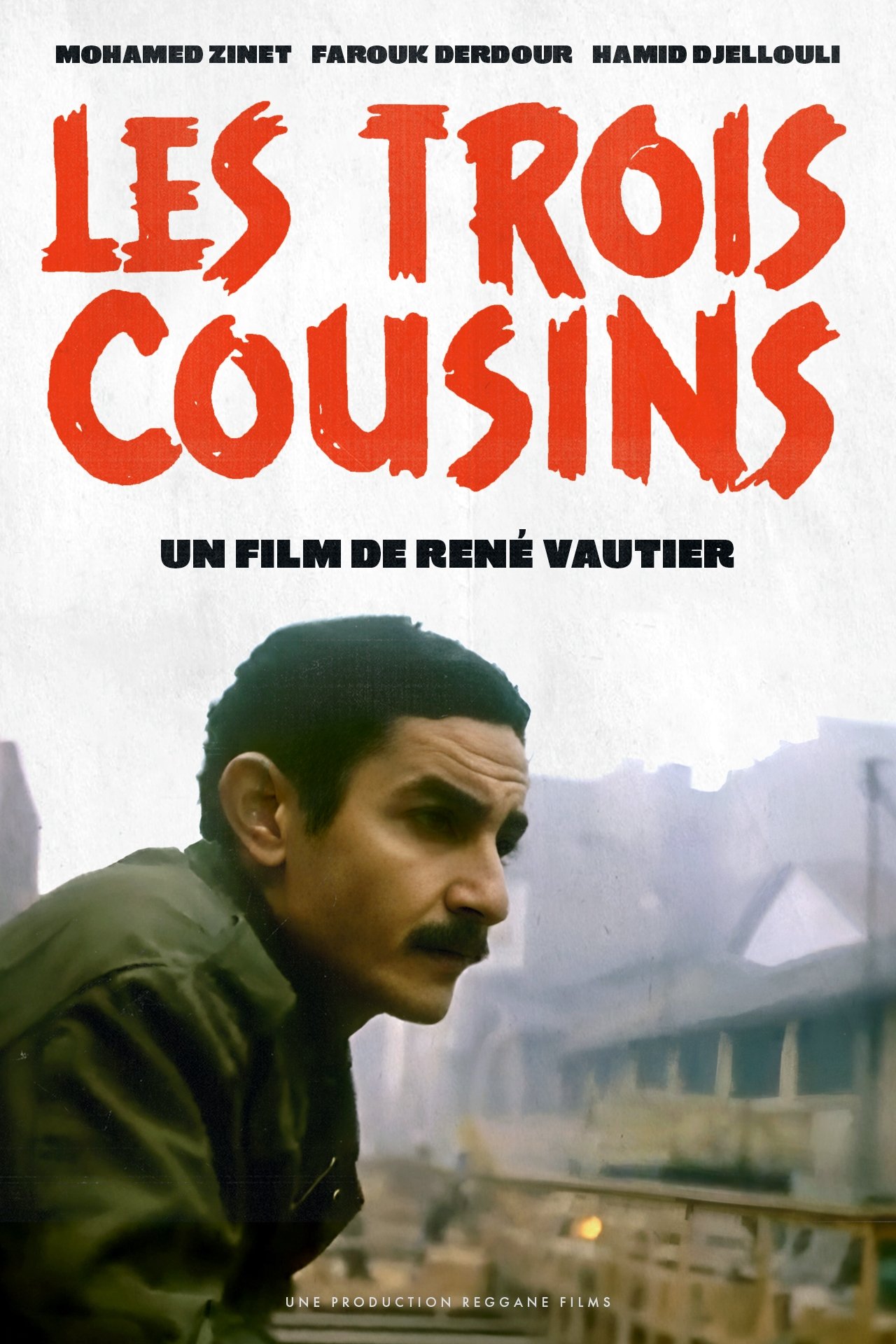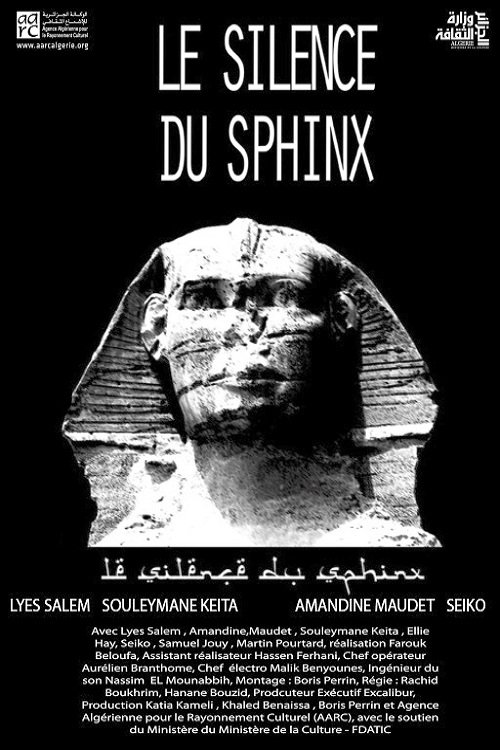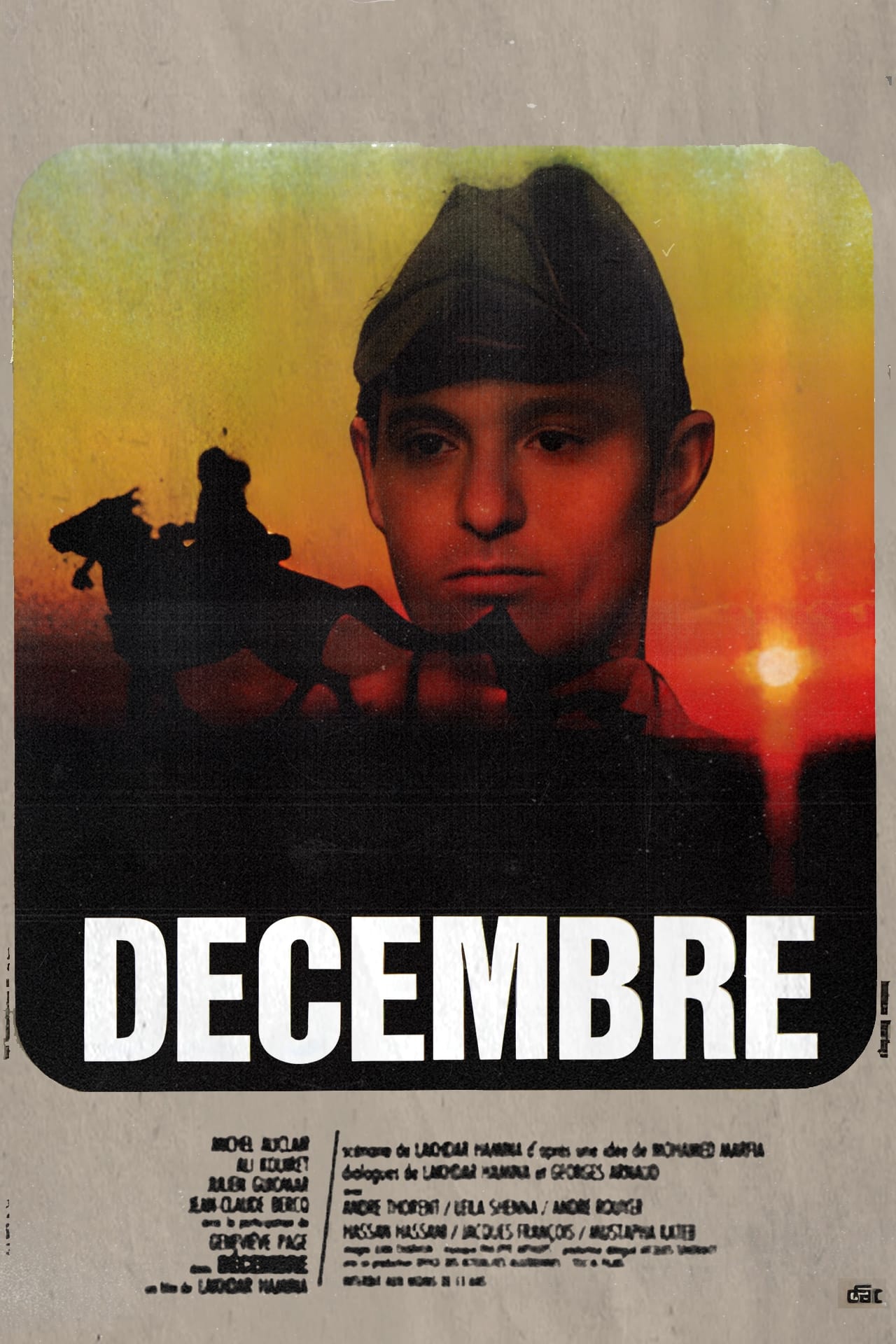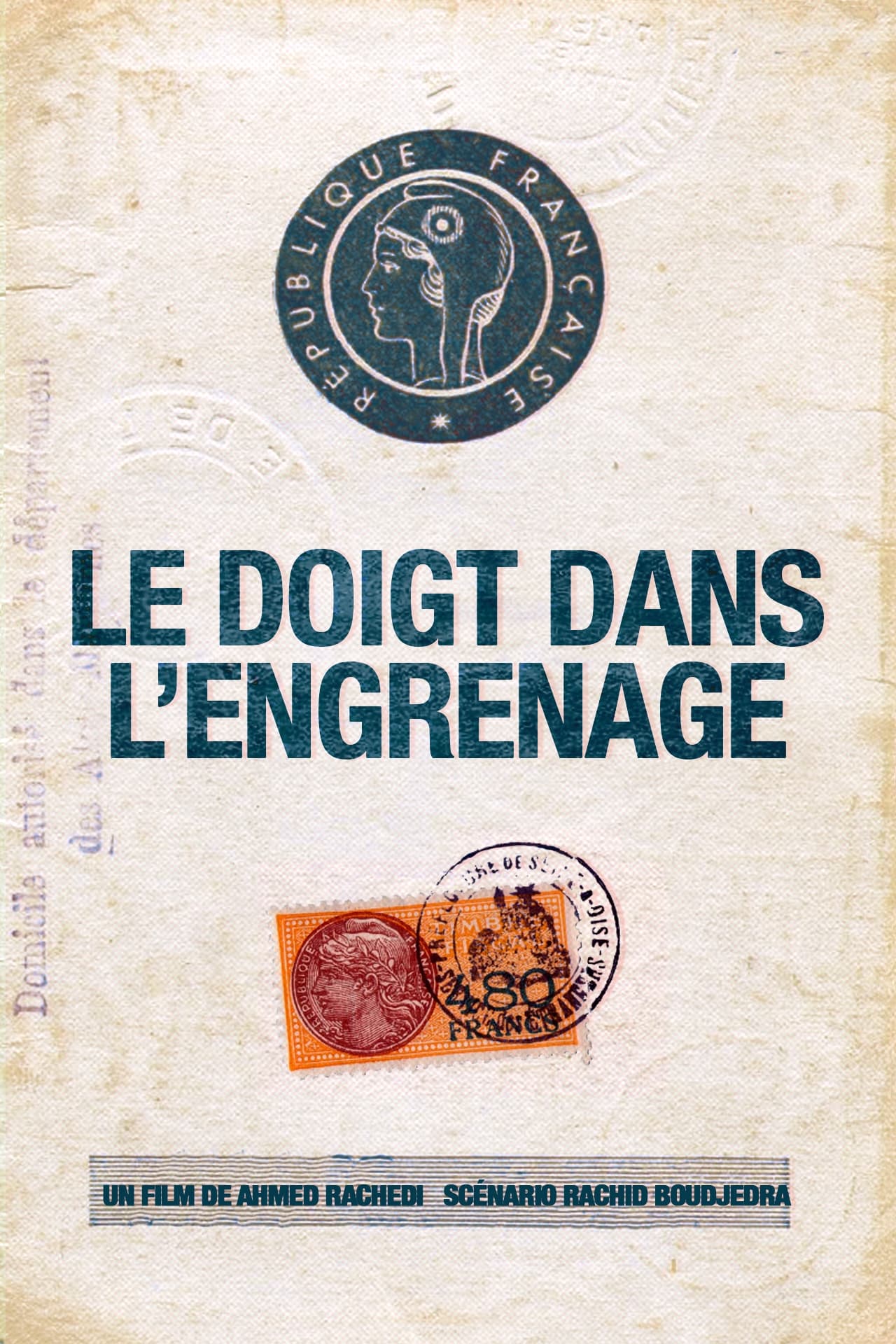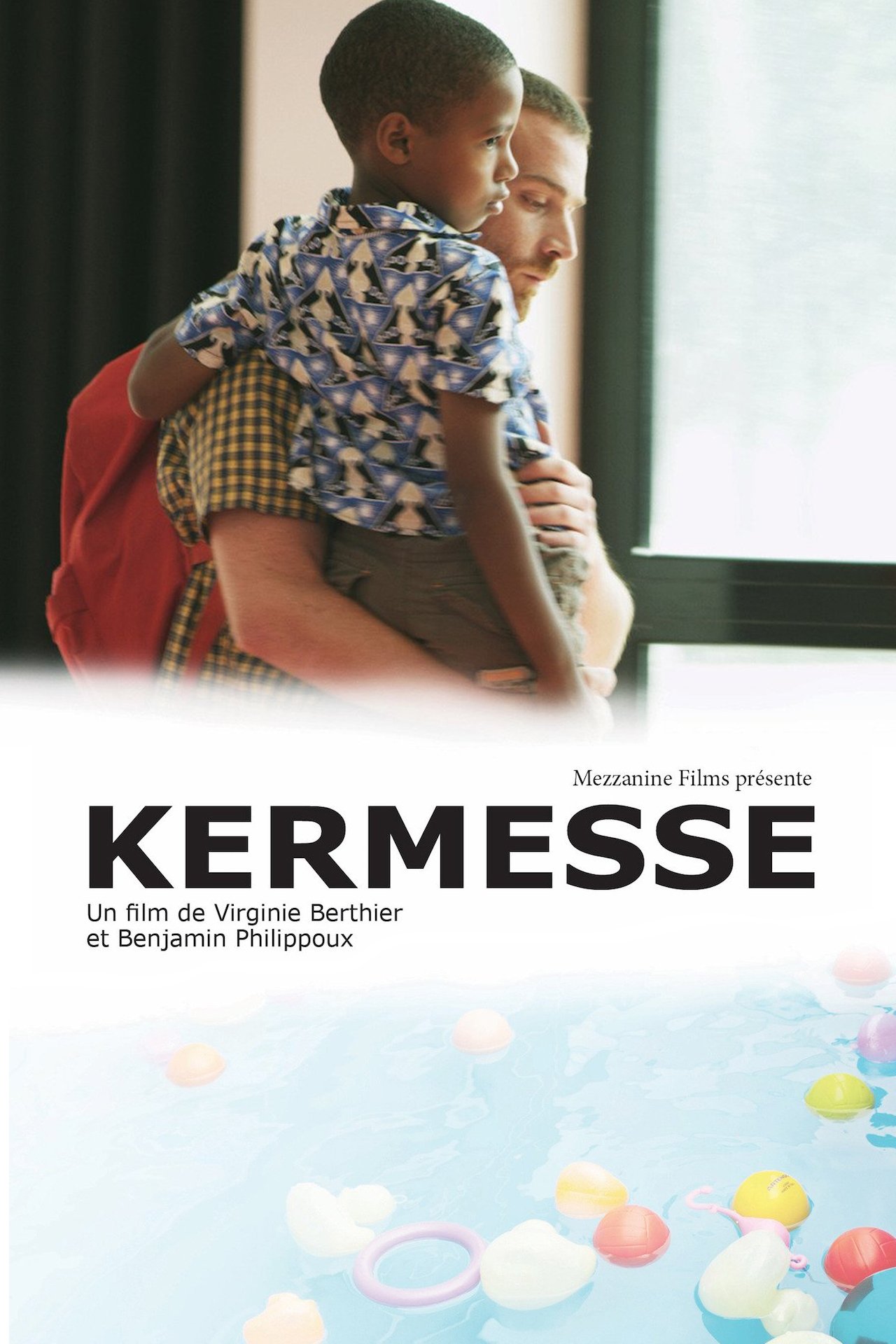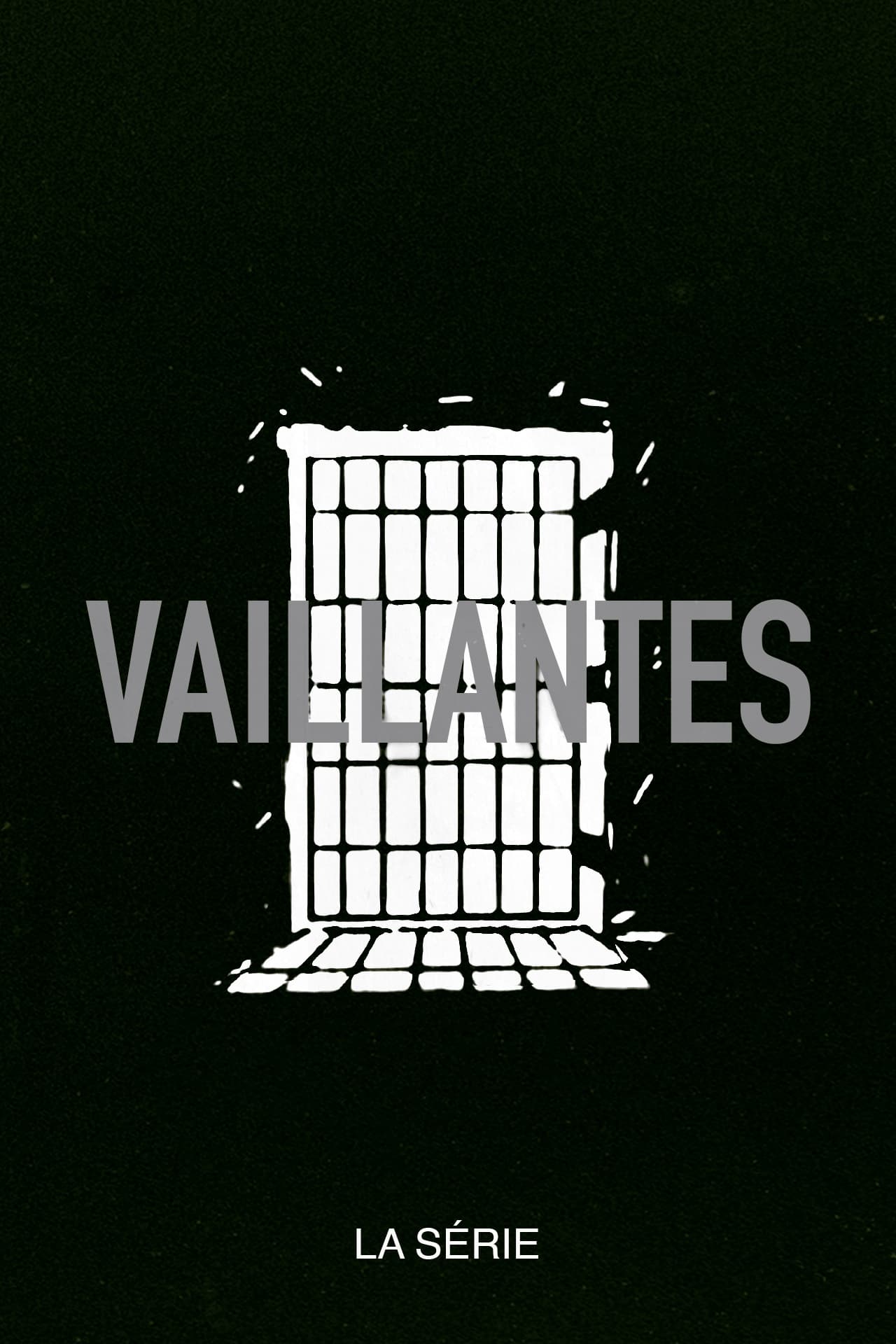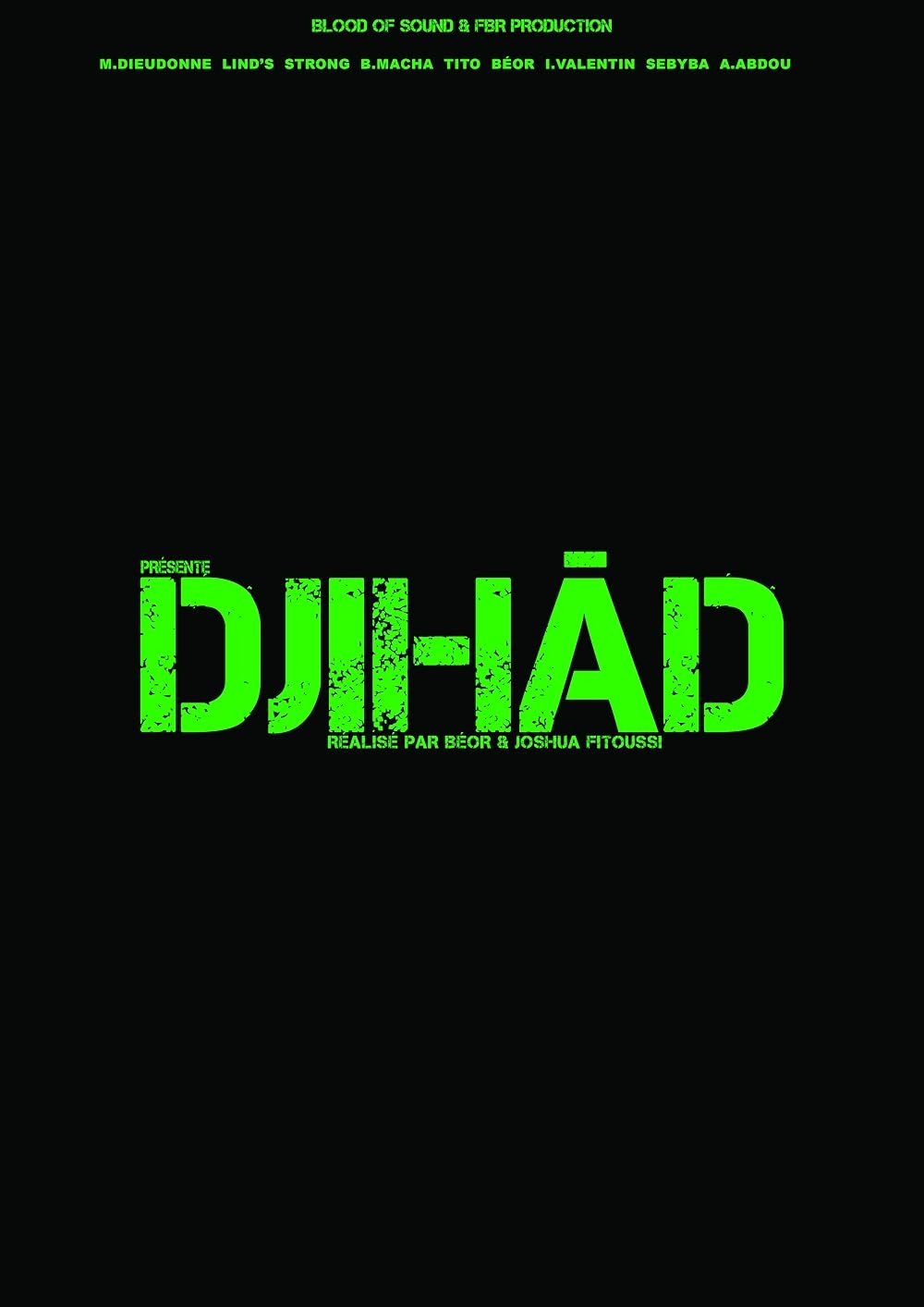
Djihad (2018)
Overview
Kamel, a young man, living in Bobigny, france, gets fired because he is a Muslim. His encounters with an old friend, Khaled leads him to box in a sport club, owned by Karim. But it's a cover for terrorists activities, since Karim sends young adults to Syria. Cops are investigating and find a link between Kamel and Karim...therefore, Kamel is a suspect.
Production Companies
Additional Info
| Budget | $15,000.00 |
|---|---|
| Revenue | $0.00 |
| Original Language | fr |
| Popularity | 1.061 |
Directed By
Joshua Fitoussi
Crew
Joshua Fitoussi
Béor
Pierre Bernadin
Joshua Fitoussi
Joshua Fitoussi
Béor
Joshua Fitoussi
TOP CAST
Béor
Kamel
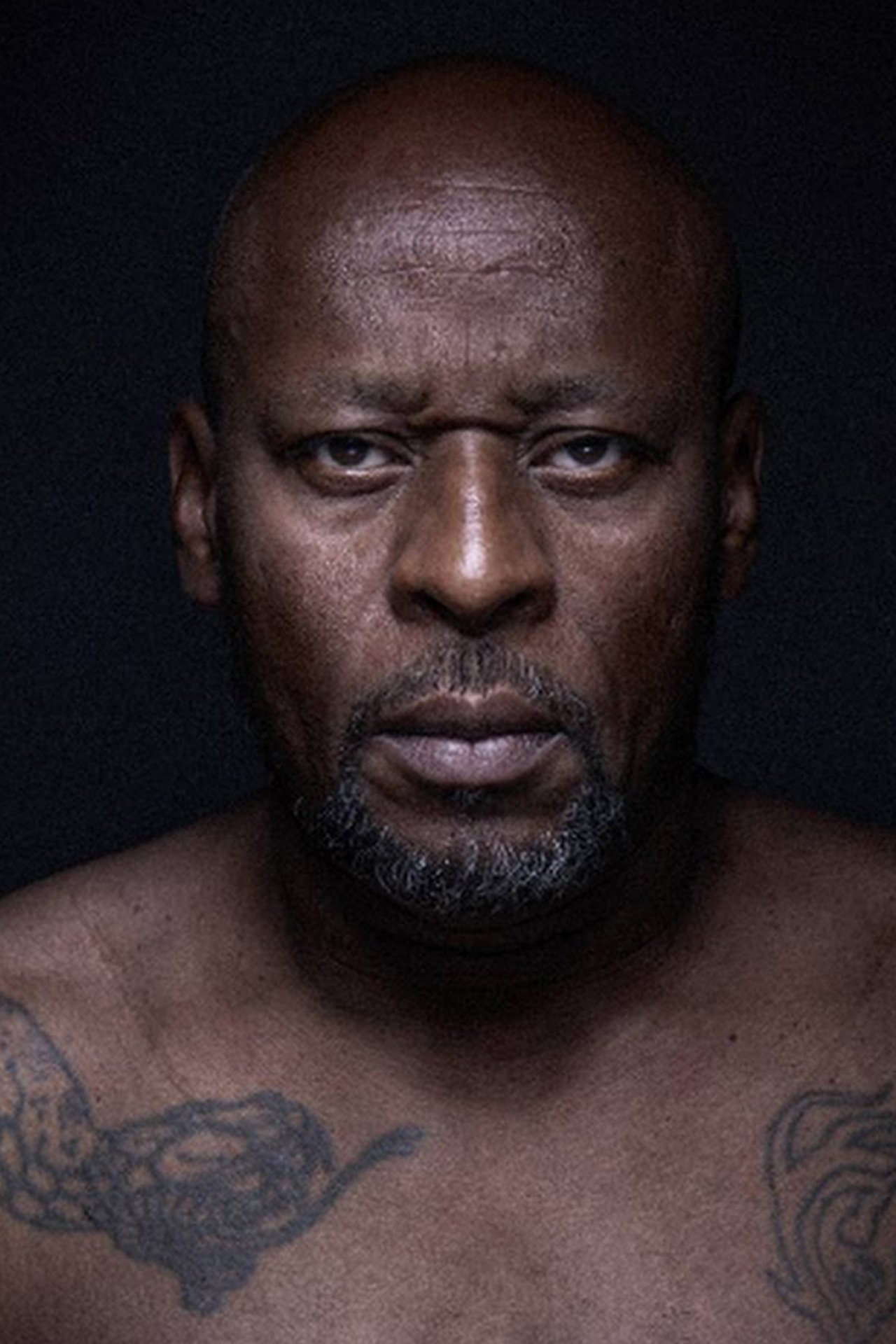
Pierre Bernadin
Thervil
Similar Movies
Le Bougnoul
A construction worker on a construction site in the Paris suburbs, Mehdi takes the bus to return home after work. Wishing to get off while the vehicle is stationary in a traffic jam, the driver refuses: while restarting, the bus hits the car in front of it. The bus driver attacks Mehdi whom he holds responsible for the incident, claiming that it is forbidden to “talk to the stagehand”. Mehdi is implicated in court and his lawyer tries to draw attention to the living conditions of immigrant workers.
La Rue Des Anges
Paris, June 1994, for hundreds of young people, the tag is a real religion, a way of life. At 17, Rost is at the head of one of the most respected groups of taggers in the capital, the CMP. Clashes with rival gangs are legion, and a few minutes from a new confusion, Rost is far from suspecting that his life will soon take a decisive turn...
Pas De Blanc À La Une
Pas De Blanc À La Une, by Youcef Bouchouchi, treatises the brutality of the conflict during the war of independence in Algeria from 1854 to 1962, and the systematic use of torture which pushes even the most hesitant to make up their minds.
The Common Man
Georges Lajoie is a Parisian café owner. As every summer, Georges, his wife Ginette and grown-up son Léon go on holiday to Loulou's campsite, where they meet up with the Schumacher family (whose father is a bailiff) and the Colin family (who sells bras in the markets). This year, their peace is slightly disturbed by the proximity of a construction site where foreign workers are employed. Xenophobic comments are made. One evening at the ball, a fight breaks out between Lajoie, Albert Schumacher and two algerian immigrant workers...
Cour Interdite
Cour interdite is about drugs, naïve dreams, and the demise of values. A young Arab from the Paris suburbs, where poverty, unemployment and drugs are very much the reality, Djamel Ouahab saw many people around him dying, which led him to this project that took seven years to complete. The director plays a drug dealer who takes care of his family, protects his mother, and tries to shield his little brother from the drugs around him. He also has to help an addicted friend to quit his habit. Just when we think that he might be successful, reality hits him in the face. The message is that you can't escape drugs with drug money. Cour interdite chronicles the drug dealer's descent into hell. It is a realistic film with poetic dimensions. Ouahab tries to show the world of drug addicts but also the human side of the dealer.
The Kid from Chaaba
Le Gone du Chaâba (The Kid of the Chaaba), translated into English as Shantytown Kid by Naima Wolf, is an autobiographical novel by Azouz Begag about his life as a young Algerian boy growing up in a shantytown next to Lyon, France, called the Chaâba by its inhabitants. The story covers a period of approximately three years in the life of the protagonist and deals with issues developing from the clash between two cultures, that of France and that of North Africa, as well as the difficulties of finding a cultural identity between the two. The story focuses on the cultural differences between the Arab and French communities, as well as how the two groups react to each other
The Refusal
In 1971, the Algerian government nationalized hydrocarbons. The consequences of this decision on the community of Algerians in France are numerous. The Galti family is prey to these economic problems. The father, Khaled, former member of the F.L.N. in France, does not escape the sentence. Sharazade, his wife and comrade in combat, finds herself torn between her role as wife, mother and nostalgia for a country and a bygone past. As for his son Karim, a victim of socio-cultural division, all he has left is refusal.
Dark Night, October 17, 1961
Parisian authorities clash with the Front de Libération Nationale (FLN) in director Alain Tasma’s recounting of one of the darkest moments of the Algerian War of Independence. As the war wound to a close and violence persisted in the streets of Paris, the FLN and its supporters adopted the tactic of murdering French policemen in hopes of forcing a withdrawal. When French law enforcement retaliated by brutalizing Algerians and imposing a strict curfew, the FLN organizes a peaceful demonstration that drew over 11,000 supporters, resulting in an order from the Paris police chief to take brutal countermeasures. Told through the eyes of both French policemen as well as Algerian protestors, Tasma’s film attempts to get to the root of the tragedy by presenting both sides of the story.
Opium and the Stick
In 1950, in Algeria, in a village in Kabylia, Algerian resistance fighters resisted the French occupation army. Bachir returns to the village to escape the clashes ravaging Algiers. In Thala, he has two brothers, Ali and Belaïd. The first is engaged with the ALN (The National Liberation Army) and fights against the colonizer. His second brother, Belaïd, the eldest, is convinced of a French Algeria. His family torn apart, Bachir decides to join the war and takes sides against the repression of the French army. The French army is trying in vain to turn the population against the insurgents by using disinformation. The more time passes, the more the inhabitants of the village and surrounding areas, oppressed, rally to the cause of the FLN, their houses and their fields will be burned... Adaptation to the cinema of the eponymous novel Opium and the Stick, published in 1965, by Mouloud Mammeri, the film was dubbed into Tamazight (Berber), a first for Algerian cinema.
Letter To Jail
In 1970, Tahar, a young Tunisian, travels to France for the first time to help his older brother, who is wrongly accused of murder and incarcerated in Paris. He first stops in Marseille, where he meets Tunisians very different from those familiar to him; enigmatic French people; and a strange atmosphere that makes him doubt his brother’s innocence, his own innocence and his own mental integrity.
Elise, or Real Life
In the middle of the Algerian war, Elise, from Bordeaux, “goes” to Paris to join her brother to earn her living in an automobile factory. There she meets Arezki, an Algerian nationalist activist with whom she falls in love. A chronicle of working life at the time and which highlights the extent of police repression against Algerians.
The Ambassadors
“Each of you is an ambassador, and we are sure that each of you will be the best ambassador of our country.” This is how the film begins; a speech to emigrant workers for France. Salah left his three sisters and his mother to become an ambassador, going to work on a Defense site, wading in the mud, he works with a jackhammer. Salah wanders in search of work and housing. Coming up against racism from the owners claiming the respectability of the building and the good neighborhood, he finds himself in a hotel in the Goutte d'Or district. The body of Mehdi, friend of Salah, was found in the Canal Saint-Martin, murdered by a fascist commando, and Ali died of a bullet, killed by a racist janitor. Faced with crimes that remain unpunished, Salah and his friends organize, unite with the French working class to defend their lives and their right to work.
Château Espérance
Rachid, a North African immigrant worker in the Fayard company for several years, saved to bring his wife Leïla and their son Larbi. They arrive in France for the first time. Leïla full of hope came to join her husband in exile. But very quickly, it is the shock: the difficult working conditions, the hard daily life of her husband and the surrounding grayness marked by anti-Arab racism does not bode well. The 30-episode series was first broadcast on May 17, 1976 on TF1, and is the first French series to address immigrant issues in France.
Les Trois Cousins
The Three Cousins is a comedy-drama by René Vautier released in 1970 about the living conditions of three Algerian immigrant cousins looking for work in Paris. Housed in a narrow construction shed, the coal stove will cause them to suffocate. The Three Cousins won the Best Human Rights Film Award in Strasbourg in 1970.
Le Silence Du Sphinx
As usual, Slim goes to the Point Ephémère bar in Paris to have a last drink. As is often the case, he finds Lily there, an eccentric and intriguing character, then Seiko, whom he knew as a child soldier, once in Sierra Leone. While he listens to Lily tell him a few stories, Slim watches the Seiko ride, tracked and soon arrested by two plainclothes police officers.
December
In Algiers, during the Algerian War of Independence, one of the leaders of the FLN was arrested by the French colonial army, which used the most violent methods to make the prisoners speak. The use of torture poses a conscience problem for a French officer. Playing shot-reverse-shot, between the tortured and his torturer, in a suffocating camera, Mohammed Lakhdar-Hamina approaches torture by drawing inspiration from the story of his father, who died of abuse.
A Finger in the Works
Le Doigt Dans L'Engrenage is a film by Ahmed Rachedi, written by Rachid Boudjedra mixing fiction, filmed documents and interviews which recounts the arrival in Paris of an Algerian immigrant lost in the metro. On December 27, 1968, France and Algeria signed an agreement which admitted each year 35,000 Algerian workers to French territory in the France of the Trente Glorieuses where the annual growth rate reached 5% and where factories lacked workers. Candidates obtain a residence permit valid for 5 years for themselves and their families. Paris is committed to improving professional training and housing conditions for immigrants, too often confined to the most thankless jobs and often housed in slums. A testimony on the living conditions of emigrant workers "economic cannon fodder" of neocolonialism which simultaneously develops its alter ego, institutionalized racism, as a tool of social stagnation and division of the proletarian class.
Kermess
In Saint-Denis, at the Stade de France district leisure center, the time for the fair comes with summer. The day before D-Day, at the Koné's, Oumou and Bakary bicker as usual while their father learns of an important letter from the Prefecture. On the morning of the party, on the other side of the ring road, host Benjamin is very late to help with the preparations and hides his lack of enthusiasm under his hangover. Around the stadium, the security system is set up for the evening concert.
Vaillantes
Nas is a young woman from a neighborhood in the Parisian suburbs. Since the death of her parents, she has been forced to take care of her family (her two little sisters). As fate is against her, she must assume this new responsibility alone, her husband Mehdi being incarcerated. Fortunately Nas can always count on the support of his best friend: Alyssia. The young woman with a joyful and explosive temperament is an unwavering support for the one she considers her own sister.

